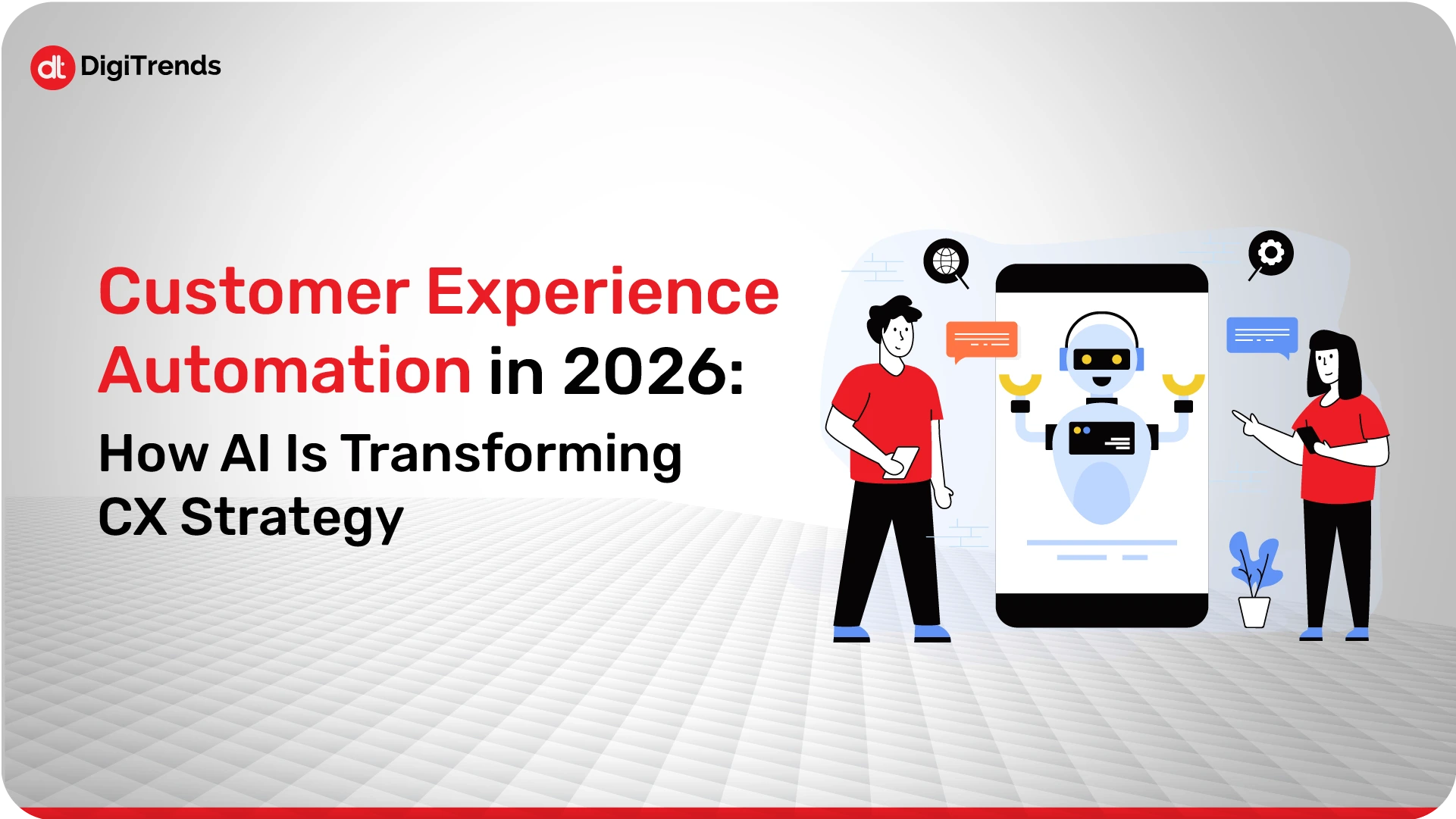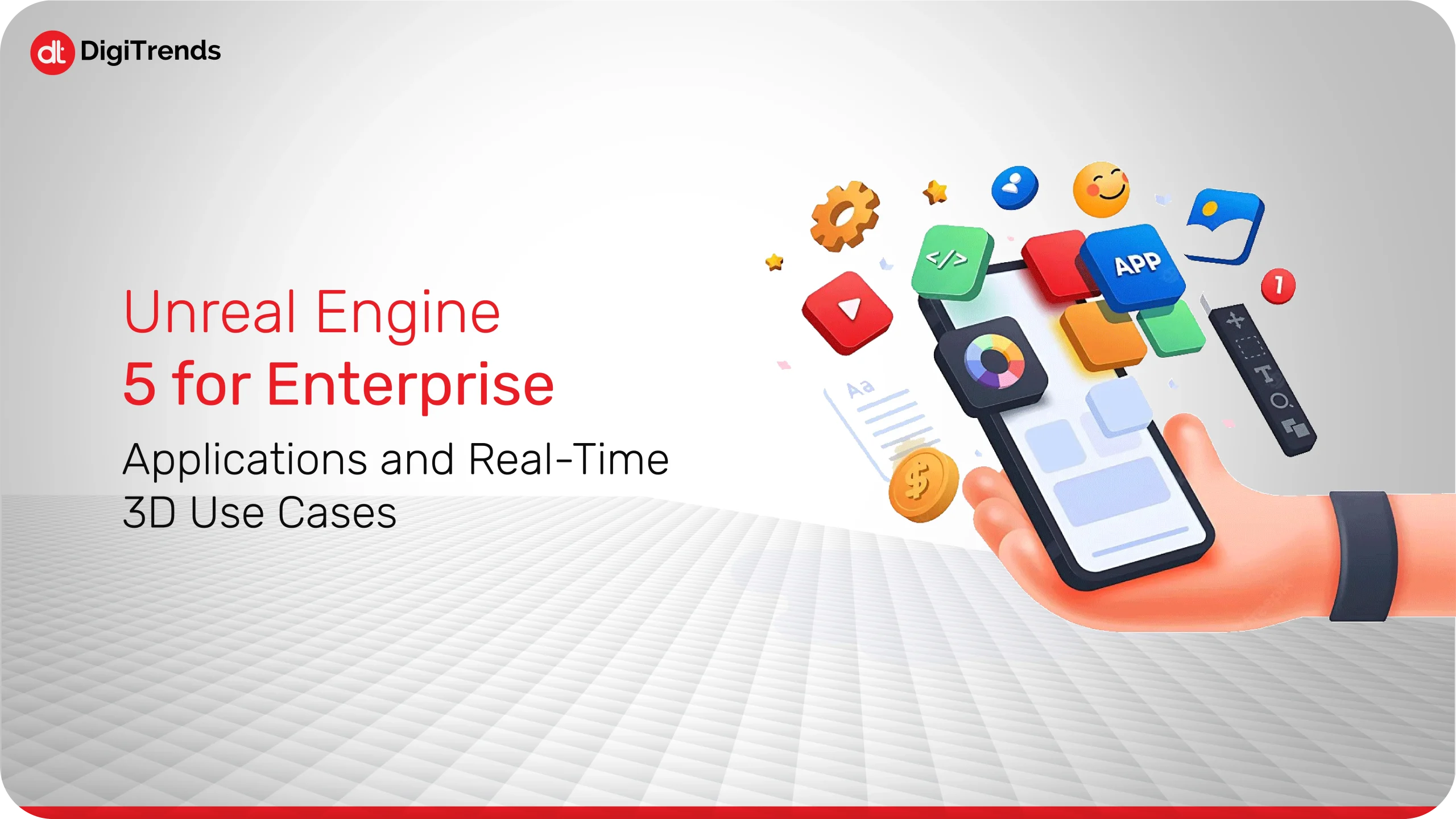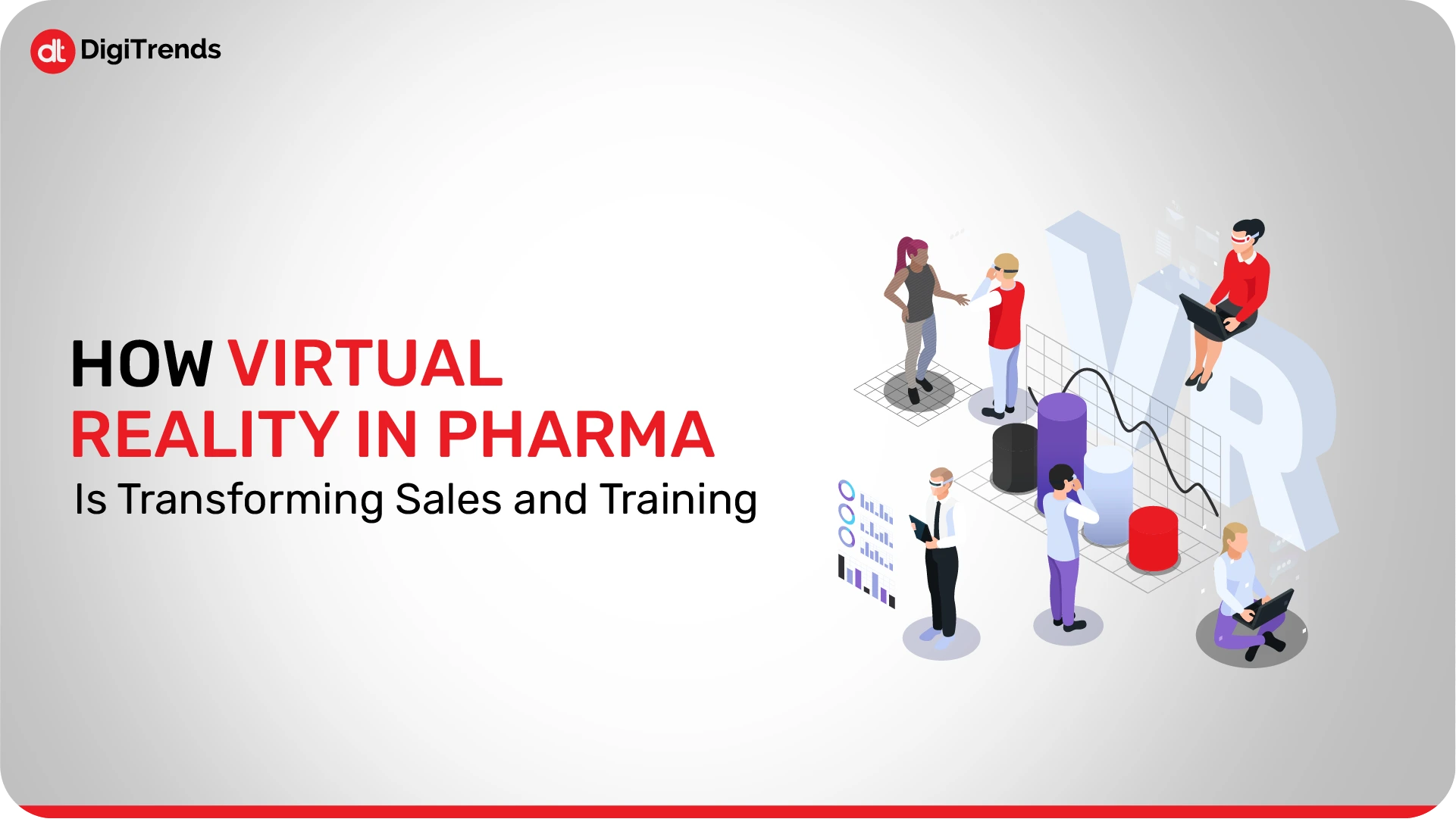Have you ever used IKEA’s VR app to see how a sofa would look in your living room before buying it? Or tried Sephora’s Virtual Artist to test out makeup shades without stepping into a store? These aren’t just fun tech gimmicks—they’re powerful business tools reshaping how brands engage with customers.
Virtual Reality (VR) isn’t just about gaming anymore. It’s rapidly becoming a must-have technology in mobile app development, offering businesses new ways to engage, educate, and sell. In fact, the global VR market is projected to hit $44.7 billion by 2024 (Statista), and mobile apps are at the heart of this transformation.
So, why should entrepreneurs and decision-makers start thinking seriously about VR for mobile apps? Let’s break it down.
Unleash the Power of Engagement
Traditional apps can sometimes feel flat. VR, on the other hand, drops users into immersive, 3D environments.
- Imagine walking through a virtual store instead of scrolling product images.
- Or attending a live concert in VR from your living room.
This level of immersion creates emotional connections, boosts user engagement, and increases brand loyalty. Businesses using VR see higher dwell times and conversion rates—because experiences feel real.
Case in point: Space Explorers VR takes users on an interactive journey through space, making education exciting while keeping audiences hooked.
Expand Your Reach Globally
Mobile apps used to face limits—language, geography, culture. VR changes that.
- A travel app can teleport users to a Maldives beach or a Paris hotel room.
- An education app can let students across the world explore the pyramids of Egypt in 3D.
By removing cultural and geographical barriers, VR unlocks new markets and demographics, especially younger, digital-native audiences who expect immersive tech.
Elevate Brand Awareness & Recognition
In a crowded app marketplace, differentiation is key. VR makes your brand memorable.
- Launch VR campaigns where users can test drive a car or explore a new smartphone virtually.
- Share your brand story in a VR journey that walks users through your history and values.
These experiences don’t just build awareness—they build trust and advocacy, translating into long-term ROI.
For businesses in finance or health, pairing VR with fintech software development or healthcare software development adds even more impact.
Revolutionize Training & Education
VR isn’t just fun; it’s practical.
- Medical students can practice surgeries virtually.
- Employees can train in safety protocols without risk.
- Students can interact with historical events or visualize complex science concepts in 3D.
Studies show VR learners have higher retention rates compared to traditional methods (PwC Study). That’s a direct impact on productivity, efficiency, and outcomes.
Businesses exploring VR can combine it with education app development to create scalable, effective learning platforms.
Stay Ahead of the Curve
Early adopters of VR gain a competitive edge. The “wow” factor positions your business as innovative and future-ready, attracting tech-savvy users and media attention.
VR apps also generate valuable user data—tracking how people interact in 3D environments. This helps refine offerings, personalize experiences, and build stronger customer relationships.
Partnering with a skilled cross-platform app development team ensures your VR solution reaches the widest possible audience.
Getting Started with VR App Development
If you’re ready to explore VR for your mobile app, here’s how to begin:
1. Define your goals – engagement, training, global reach, or branding.
2. Conceptualize your VR experience – map the customer journey.
3. Partner with experts – VR app development requires specialized skills for success.
4. Experiment & iterate – refine based on user feedback and analytics.
The Future of Mobile VR
The next frontier? Blending VR with AR and even the Metaverse, where apps become immersive ecosystems instead of just tools. Brands that move early will lead this wave, not follow it.
Final Thoughts: Why DigiTrends?
At DigiTrends, we don’t just develop apps—we create immersive experiences that drive engagement, loyalty, and growth. With expertise in VR app development, AR development, and AI development, we help businesses future-proof their mobile apps and unlock new opportunities.
👉 Ready to explore how VR can transform your business? Let’s talk.














